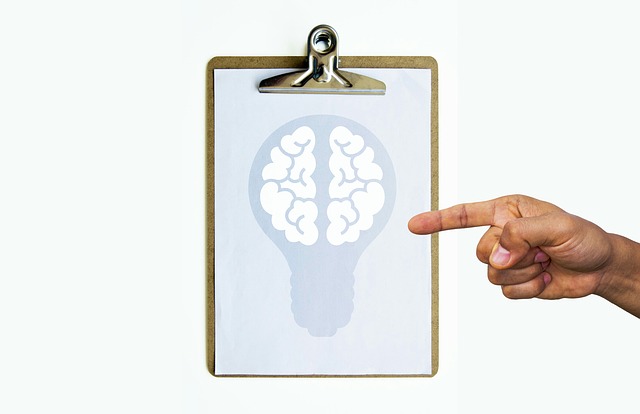

Nine of these study participants had COVID infection severe enough to require prior hospitalisation. "While our study doesn't prove that COVID caused these brain changes, there appears to be a strong association with these changes and lingering neuropsychiatric symptoms," she added.įor the study, the team performed functional magnetic resonance imaging (MRI) scans on 29 patients who had COVID an average of seven months earlier and had at least one ongoing neuropsychiatric symptom like memory loss, depression, or anxiety. Deficits in the default mode network of the brain lead to increased activity in other regions to help maintain brain function," said Linda Chang, professor of diagnostic radiology and nuclear medicine at the University of Maryland School of Medicine (UMSOM). We often see such changes in patients with brain injury. "The greater activity occurred outside of the normal working memory brain network. These patients could benefit from neurorehabilitation or psychiatric treatments, and the researchers recommend that doctors consider these approaches to help manage this condition. People in the post-COVID group who have more remarkable changes in their brain activity are more likely to have poorer scores in many of these symptom domains. In addition, they have higher scores for depression, anxiety, fatigue and pain than the control group. They also report more negative feelings, such as anger and sadness, and higher stress levels, and have lower scores for life satisfaction than those who never had COVID. The study, published in the journal Neurology, also showed that people with long COVID have poorer scores on dexterity and motor endurance tests than those without COVID. Plasma vitamin C concentrations and cognitive function: A cross-sectional study.A study revealed that people with long COVID accompanied by neurological symptoms such as brain fog have less activity in specific brain regions generally used for memory tasks. Does overloading cognitive resources mimic the impact of anxiety on temporal cognition ? Caught in the thickness of brain fog: Exploring the cognitive symptoms of chronic fatigue syndrome. Potential neurologic manifestations of COVID-19. Lupus brain fog: A biologic perspective on cognitive impairment, depression, and fatigue in systemic lupus erythematosus. The relationship of anxiety and stress with working memory performance in a large non-depressed sample. Low vitamin B12 levels: An underestimated cause of minimal cognitive impairment and dementia. Mind-wandering, depression, anxiety and ADHD: Disentangling the relationship. Three doses of vitamin D and cognitive outcomes in older women: A double-blind randomized controlled trial. You can learn more about how we ensure our content is accurate and current by reading our editorial policy. We link primary sources - including studies, scientific references, and statistics - within each article and also list them in the resources section at the bottom of our articles. Medical News Today has strict sourcing guidelines and draws only from peer-reviewed studies, academic research institutions, and medical journals and associations.

Learn more about treatments for anxiety here. These could include following a schedule, using a reminder app, or taking frequent breaks from whatever could be heightening their anxiety. Some people find that specific self-care strategies may also help. This is especially helpful for people with anxiety that distracts them from self-care.

Getting enough sleep, drinking plenty of water, and remaining nourished may also help reduce the risk of brain fog. exercise, deep breathing, and meditation.adjustments at school or work, such as extra test-taking time.time management systems to help a person remain focused.psychotherapy to talk about anxiety and develop coping skills.medications, including antianxiety medications, antidepressants, or stimulants for ADHD.Some treatment options could include the following: However, managing the anxiety, or any condition causing it, may help. Since brain fog is a symptom rather than a medical diagnosis, there is no specific treatment for it.


 0 kommentar(er)
0 kommentar(er)
